Alcohol Use Disorder
Alcohol Use Disorder (AUD) is a chronic and relapsing condition affecting millions worldwide. This disorder can lead to significant physical, psychological, and social problems and even be fatal. It is a complex condition that can occur due to genetic, environmental, and social factors. Individuals who suffer from AUD often struggle with various challenges, including an inability to control their alcohol consumption, cravings for alcohol, and withdrawal symptoms when attempting to quit.
Suppose you or a loved one are struggling with alcohol use disorder; in that case, seeking professional help as soon as possible is essential.
Alpine Recovery is a leading addiction recovery center that offers comprehensive and evidence-based treatment programs for individuals struggling with AUD.
In addition, through their Medicaid services, they provide affordable and accessible treatment options to individuals who may not have access to other forms of care. With a team of experienced professionals and a focus on personalized care, Alpine Recovery can help you or your loved one take the first step toward lasting recovery from alcohol use disorder.
There are several options and approaches to addressing problematic drinking, and it’s essential to understand what best suits your particular lifestyle or situation. Contact us at the Alpine Recovery Center for more information. We are the best Colorado Medicaid alcohol rehab program. Call us at 720-704-2883.
Alcohol use disorder is a chronic and potentially life-threatening condition when someone consumes alcohol excessively, leading to physical and psychological dependence. Alcohol use disorder affects millions worldwide and is a major public health concern.

What is Considered an Alcohol use Disorder?
Alcohol use disorder, also known as AUD, is a medical condition that results from excessive drinking and is characterized by a strong desire to consume alcohol despite the harmful consequences. AUD can cause significant distress and interfere with a person’s ability to function at home, work, or school.
Is alcohol use disorder the same as alcoholism?
Alcoholism is an older term used to describe alcohol use disorder or alcohol addiction. While alcoholism is still used in some contexts, alcohol use disorder is the preferred term in the medical community.
What are the three categories of alcohol use disorder?
There are three categories of AUD:
- Mild
- Moderate
- Severe
The severity of AUD is determined by the number of symptoms experienced by an individual.
What are the DSM 5 criteria for alcohol use disorder?
The DSM-5, which is the Diagnostic and Statistical Manual of Mental Disorders, provides specific criteria for diagnosing AUD. These criteria include:
- Consuming more alcohol than intended or for a longer period than intended.
- Wanting to cut down or stop binge drinking but being unable to do so.
- Spending a lot of time drinking, being hungover, or recovering from the effects of alcohol.
- Experiencing strong cravings or a strong desire to drink.
- Chronic alcoholism; continued drinking despite negative consequences such as interpersonal problems, health problems, or legal problems.
- Increased tolerance (the need to drink more to achieve the same effect).
- Withdrawal symptoms such as shaking, sweating, or nausea when alcohol use is stopped or reduced.
To be diagnosed with AUD, an individual must have at least two of these symptoms within 12 months.

What are the Common Symptoms of Alcohol Use Disorder?
The symptoms of AUD can vary depending on the severity of the condition. Some common symptoms include:
- Drinking more than intended or for longer periods than intended.
- Being unable to reduce or stop drinking.
- Spending a lot of time drinking, recovering from the effects of alcohol, or being hungover.
- Experiencing strong cravings for alcohol.
- Drinking despite negative consequences such as health problems, interpersonal problems, or legal problems.
- Continuing to drink even though it causes anxiety, depression, or other mental health problems.
- Developing a tolerance to alcohol and needing to drink more to achieve the same effect.
- Experiencing withdrawal symptoms such as shaking, sweating, or nausea when alcohol use is stopped or reduced.
What causes alcohol use disorder?
The exact cause of AUD is not fully understood. However, several factors can contribute to its development, including genetics, environment, and social factors. Individuals with a family history of AUD are more likely to develop the condition. Environmental factors, such as stress, trauma, and peer pressure, can also contribute to the development of AUD.
How does alcohol use disorder impact a person’s life and relationships?
AUD can have a significant impact on a person’s life and relationships. It can lead to physical health problems such as liver disease, cardiovascular disease, and digestive problems. It can also lead to mental health problems such as anxiety, depression, and suicidal thoughts. AUD can also cause problems in relationships with family, friends, and coworkers.
What is the Difference Between Alcohol Abuse and Alcohol Dependence?
Alcohol abuse is a type of substance abuse involving the excessive use of alcohol, whereas alcohol dependence syndrome is a more severe form of alcohol use disorder. Alcohol abuse can lead to alcohol dependence if left untreated. Alcohol dependence is characterized by physical and psychological dependence on alcohol, whereas alcohol abuse is not.
What are the long-term effects of excessive alcohol consumption?
Excessive alcoholic beverage consumption can cause long-term health problems and increase the risks of alcohol-related problems. Some of the long-term effects of excessive alcohol consumption include:
- Liver disease: Excessive alcohol consumption can cause alcoholic liver disease, which includes fatty liver, hepatitis, and cirrhosis.
- Cardiovascular disease: Heavy drinking can lead to high blood pressure, irregular heartbeats, and an increased risk of heart disease.
- Digestive problems: Alcohol misuse can irritate the stomach lining, leading to ulcers and digestive problems.
- Cancer: Excessive alcohol consumption has been linked to an increased risk of several types of cancer, including breast, liver, and throat cancer.
- Mental health problems: Heavy drinking can increase the risk of depression, anxiety, and other mental health problems.
- Neurological problems: Excessive alcohol consumption can lead to neurological problems such as alcohol-related brain damage, memory loss, dementia, and nerve damage.
How is alcohol use disorder diagnosed and treated?
A healthcare professional can diagnose AUD by performing a physical examination and conducting a mental health assessment. The healthcare professional may also use diagnostic criteria from the DSM-5 to diagnose the condition.
Treatment for AUD usually involves a combination of medication-assisted treatment and therapy. Medications such as naltrexone, acamprosate, and disulfiram can help reduce cravings for alcohol and manage alcohol withdrawal symptoms. Therapy can include cognitive-behavioral therapy, motivational interviewing, and group therapy. In severe cases, hospitalization may be necessary to manage withdrawal symptoms.
What role does genetics play in the development of alcohol use disorder?
Genetics can play a significant role in the development of AUD. Individuals with a family history of AUD are up to 60% more likely to develop the condition themselves. This is because certain genes may influence the way the body metabolizes alcohol, making it more difficult to process and leading to an increased risk of developing AUD.
What are the common triggers for alcohol cravings and relapses in individuals with alcohol use disorder?
Several factors can trigger alcohol cravings and relapses in individuals with AUD. These triggers can include:
- Stress
- Anxiety
- Depression
- Peer pressure
- Social situations, and
- Environmental cues such as seeing alcohol advertisements or passing a favorite bar.

How can family and friends support a loved one with alcohol use disorder?
Family and friends can support a loved one with AUD by:
- Encouraging them to seek treatment for AUD.
- Offering emotional support and understanding.
- Helping them identify and avoid triggers that may lead to relapse.
- Attending family therapy sessions with the person in treatment.
- Encouraging the person to attend rehab.
What are the warning signs of alcohol use disorder and when should one seek help?
Some common warning signs of AUD include:
- Problem drinking, or drinking heavily in heightened emotional states
- Drinking more than intended or for longer periods than intended.
- Being unable to stop drinking.
- Spending a lot of time drinking, recovering from the effects of alcohol, or being hungover.
- Experiencing strong cravings for alcohol.
- Drinking despite negative consequences such as health problems, interpersonal problems, or legal problems.
- Continuing to drink even though it causes anxiety, depression, or other mental health problems.
- Developing a tolerance to alcohol and needing to drink more to achieve the same effect.
- Experiencing withdrawal symptoms such as shaking, sweating, or nausea when alcohol use is stopped or reduced.
Alcohol Rehab at Alpine Recovery Center, Colorado
If you or a loved one is experiencing any of these warning signs, it is important to seek help from a renowned alcohol rehabilitation center. AUD can be a serious and life-threatening condition, but with proper treatment and alcohol detoxification, it is possible to manage and recover from it.
Alpine Recovery offers Medicaid-covered rehab programs centered around making sure every patient gets the very best help they need. The road to rehabilitation takes work and dedication, but it will prove to be a worthy, life-changing investment. Reach out to us today at 720-704-2883 to learn more about our rehab services.










